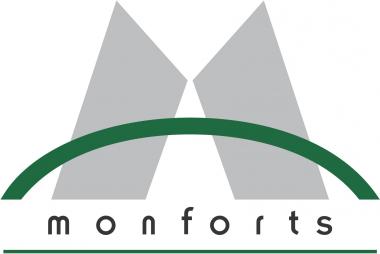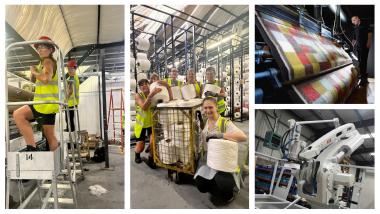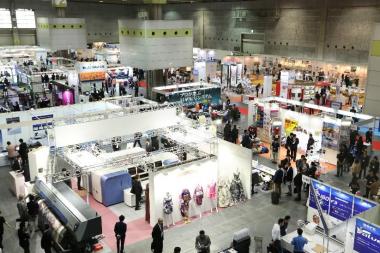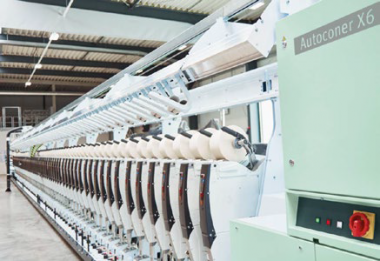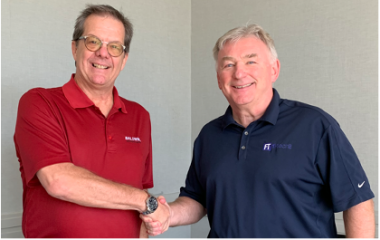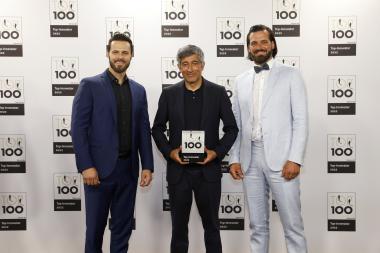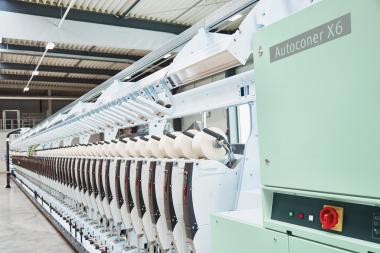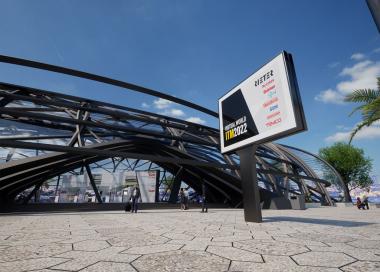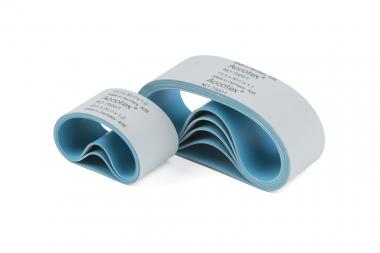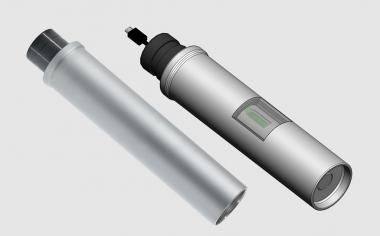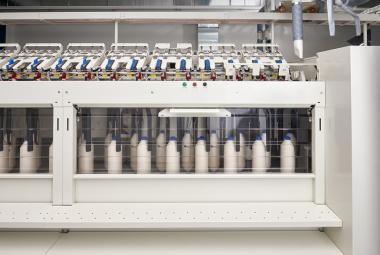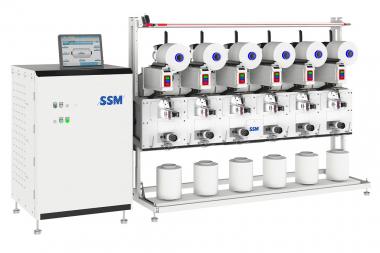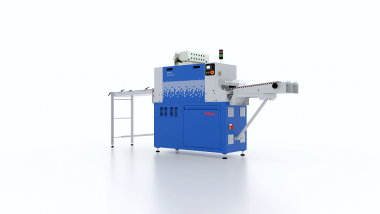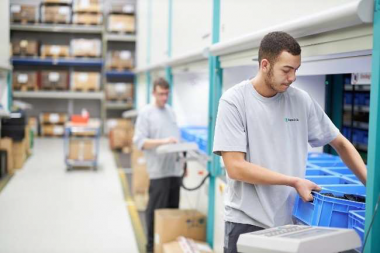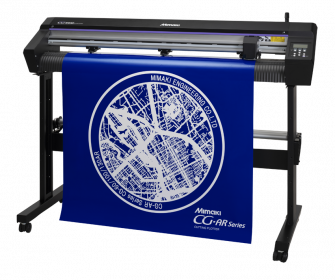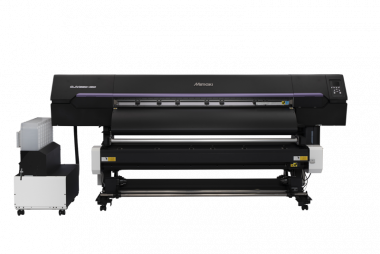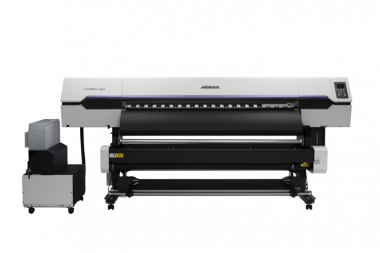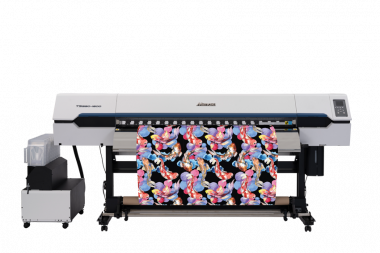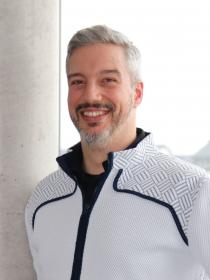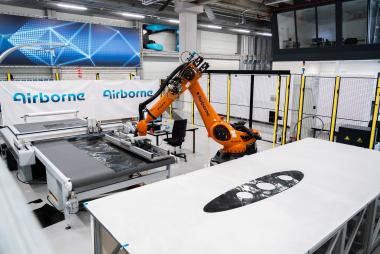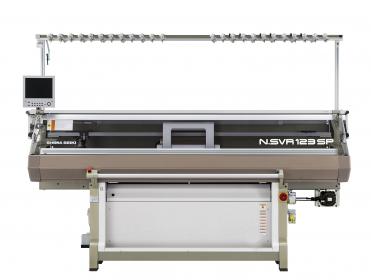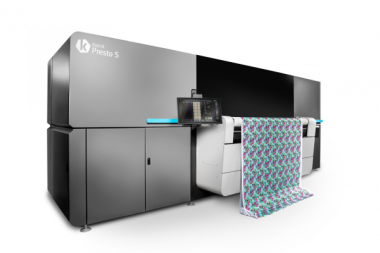Monforts at Igatex 2022
Monforts will be presenting its finishing technologies at the forthcoming Igatex textile machinery exhibition, which takes place from December 1-4 at the Lahore Expo Centre in Pakistan.
The importance of the textile industry to Pakistan’s economy cannot be overstated – it accounts for 60% of the country’s overall exports and some of its industry’s players are very major employers. In the year to June 2022, Pakistan’s textile exports climbed by 25% to a record value of $19.3 billion according to the country’s Bureau of Statistics, as security of deliveries – especially to Europe and the USA – worked in the country’s favour, in the light of the Covid-19 pandemic and subsequent supply chain issues. It has a key role to play in quickly getting the country back on its feet after the devastation.
Monforts customers in the regions around the country’s three biggest cities of Karachi, Lahore and Faisalbad include all of the main players in the fields of home textiles and denim production, including Afroze, , Al Karam Artistic Milliners, Azgard-9, Crestex, , Gul Ahmed, Interloop, Liberty Mills, Lucky Textile Mills, Mustaqim, Naveena (NDL), Rajby Industries, Sapphire Finishing, Soorty, Style Textile and US Denim.
These companies rely on established Monforts technologies including Montex stentering equipment, Monfortex sanforizing units and Thermex dyeing ranges. The company’s Matex Eco Applicator minimum application system has also proved a big hit in recent years.
Monforts has also achieved considerable success in Pakistan with its Econtrol®* dyeing system – an effective and established dyeing process. More than 40 Thermex continuous dyeing ranges have been installed in Pakistan in recent years and operator training on the Econtrol®* process by sophisticated technologists is an additional service.
The Econtrol® pad-dry process has a number of immediate benefits. Compared to the common pad-dry-pad-steam process, no salt is used and no steamer is required for a separate fixation step. Compared to the pad-dry-thermofix process, no urea is used and no smoke or deposits are generated, and unlike with the cold pad batch process, direct feedback of the dyeing results ensures no batching time is necessary and guarantees good reproducibility from the lab to bulk production.
An immediate wash off is also unnecessary, allowing for flexible production planning. The process is suitable for pale to dark shades with very good fastness properties. Also waste water treatment is improved by this technology.
*Econtrol is a registered mark of Dystar Colours Distribution GmbH.
Monforts A. Monforts Textilmaschinen GmbH & Co. KG textile finishing Pakistan Igatex
A. Monforts Textilmaschinen GmbH & Co. KG / AWOL Media


